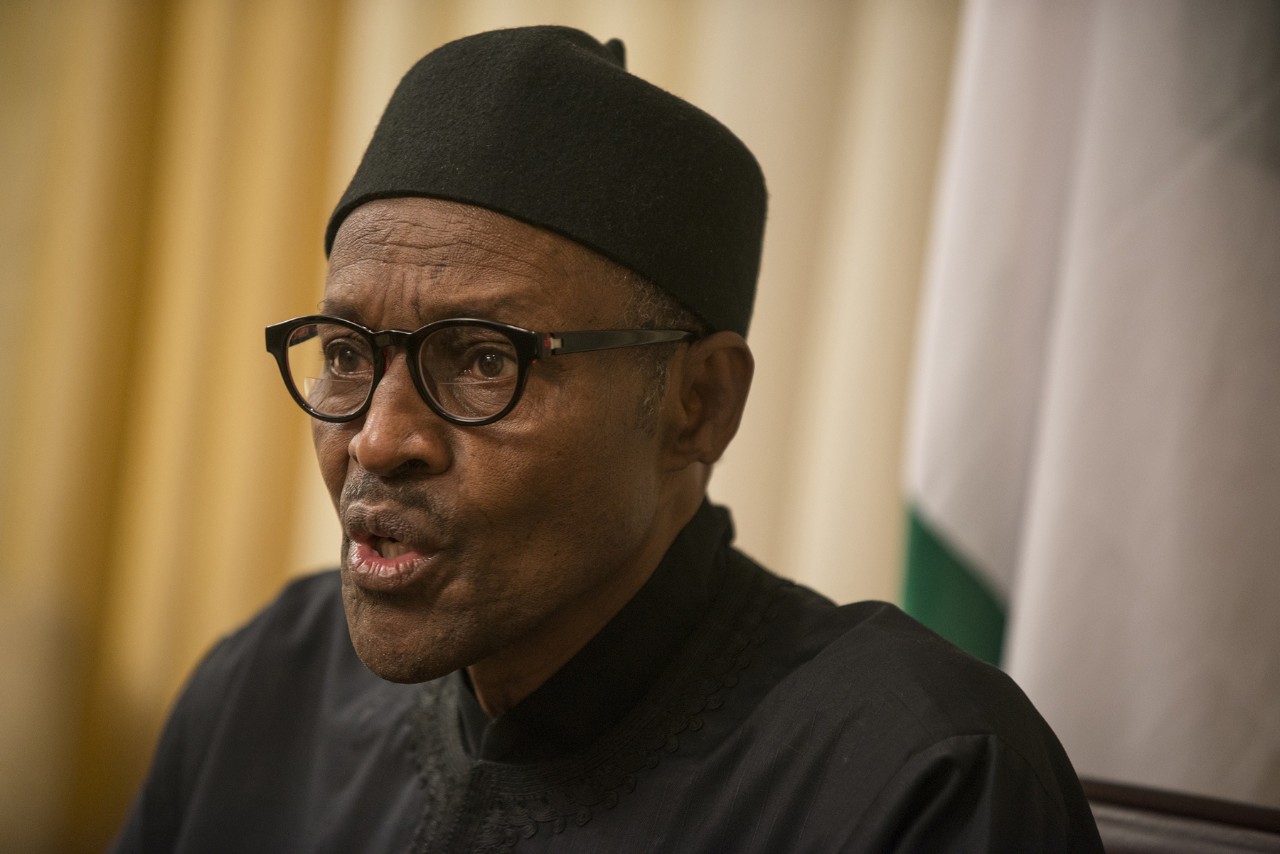by Tonye Barcanista
Firstly, we have to appreciate the purpose of ministers of the federation. We all we agree that all political parties and candidates standing for elections come with their own program and agenda.
These programs are highlighted in their respective document called their Manifesto. The Manifesto is usually in concordance with the overall ideology of the respective parties. When a party’s presidential candidate get elected, he assemble a team of men and women of intellectual standing and believers of his vision to help formulate policies, supervise implementations and defend these policies before the public to actualise the vision and fulfill the president’s electoral programs.
ALSO READ: Cabinet Delay: Ministers Are Noisemakers – Buhari (VIDEO)
This group of people is called ministers. The loyalty of the ministers is to the occupant of the president’s office, the country and in most cases the ruling party. Ministers sit and deliberate on policy issues and strategy with the president.
A workforce that carry out activities of the government in power
Every country has a workforce that carry out day-2-day activities of the government in power. We all agree that it is impossible for every government to come on board with their own workforce every 4-8years, hence the country provide for a ‘permanent’ workforce that will work with every administration. This workforce is called the civil service. They are non-partisan career people.
They are not to help any political party or candidate formulate policies but are to work with every ruling party and administration to implement policies. They are technocrats and bureaucrats. Their loyalty is not to the ruling party or individual in power but to the “Office of the President” and the Country. They have NO business deliberating on policy issues and strategy with the president or his party. They only take instruction.
Detailed analysis of the roles in Petroleum Ministry
In the Ministry of Petroleum Resources, there is the minister, the permanent secretary and career civil servants, and other agencies and department (NNPC, PPPRA) under the ministry.
The minister sits with the president to formulate policies and programs for the sector in line with the president’s agenda. S/he prepares budget for the ministry, see to the implementation of this program/policies (supervision) and is answerable to the president, the party and the public. Statutorily, s/he is the chairperson of the NNPC. S/he also supervises other department and agencies under her ministry on behalf of the president.
The permanent secretary is the account officer of the ministry and most senior civil servant (rank) in the ministry. S/he is responsible for the implementation of the minister’s policies/program. S/he is the head of the ministerial tender board but any contract approved by the board has to be countersigned by the minister (to ensure that they are in tune with the minister’s/president’s agenda). He/she is not a member of the cabinet, neither can s/he replace the minister as the chairperson of NNPC except s/he resigns and is appointed minister thereafter.
The roles of the minister and permanent secretary are distinct and straight forward. The importance of ministers cannot be over-emphasised. It is instructive to note that Nigeria is not an isolated case when it comes to ministers/permanent secretaries. The United States for instance have under-secretaries, which is Nigeria equivalent of permanent secretaries, and secretaries which are ministers equivalent.
Why Buhari’s perception of ministers is inappropriate
Contrary to Buhari’s perception, ministers are not for ‘noisemaking’, neither are they meant to ‘fill space’ except the incompetent and clueless ones. Without cabinet ministers, a country will be likened to one on ‘Auto-piloting’. More importantly, our constitution provide for offices of Ministers just as it provide for the offices of the President and Vice President.
To be fair with the president, his perception of ministers is inappropriate. I wonder what prompted him to utter such statement when he was a former minister under the General Olusegun Obasanjo military regime between 1977-79. Is he trying to say that he was a ‘noisemaking’ minister in General Obasanjo cabinet?
Tonye Barcanista is a public relations professional and socio-political analyst.
The opinions expressed in this article are solely those of the author.







